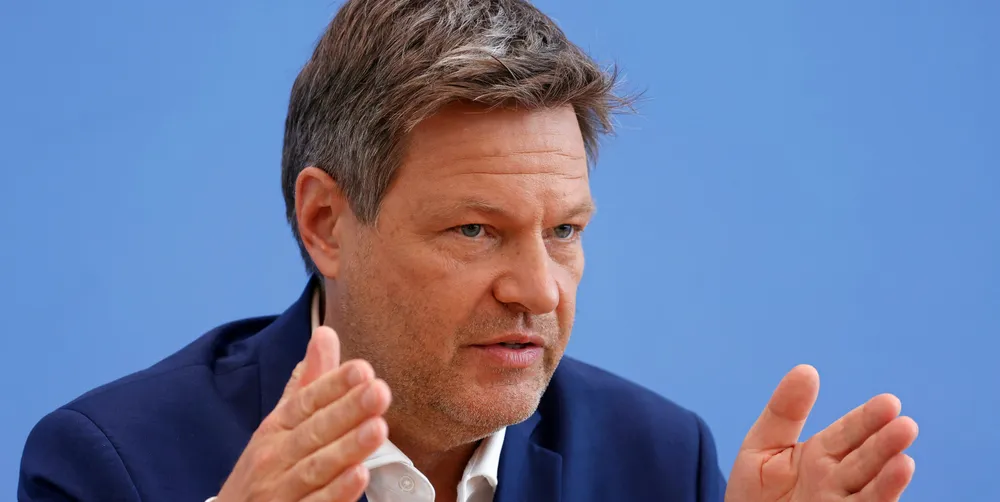'Accelerated Energiewende essential for secure energy supply' | Germany reduces Russian imports
Vice Chancellor Habeck presents progress report that shows greatly diminished dependency on Russian oil, gas and coal in Europe’s largest economy

Vice Chancellor Habeck presents progress report that shows greatly diminished dependency on Russian oil, gas and coal in Europe’s largest economy
